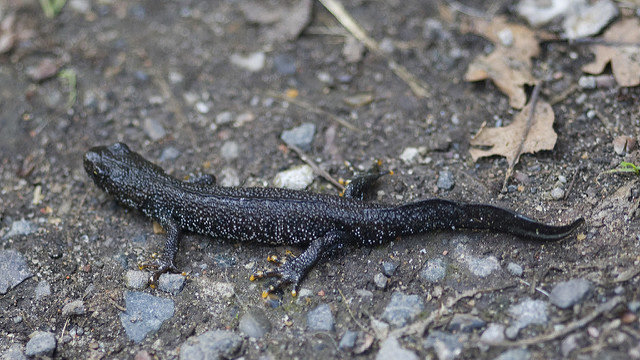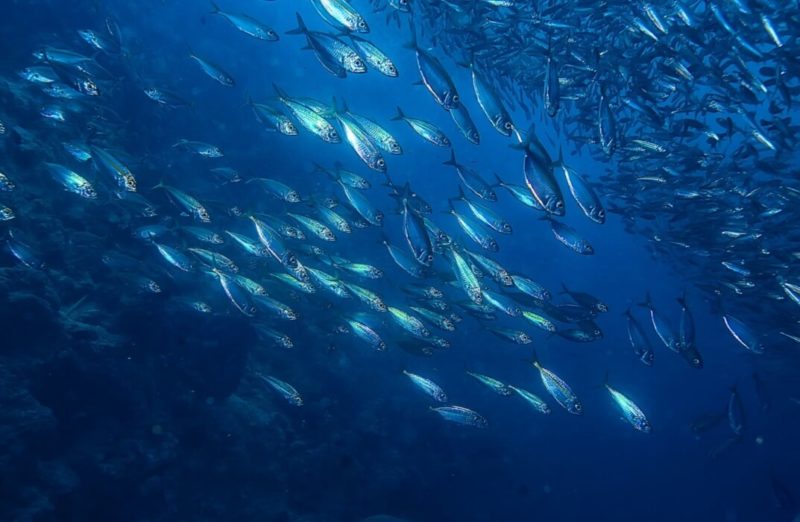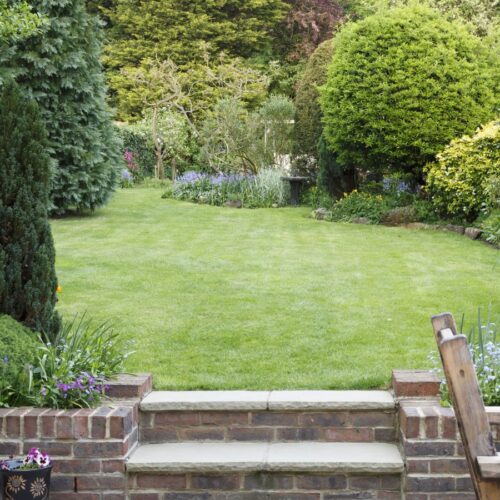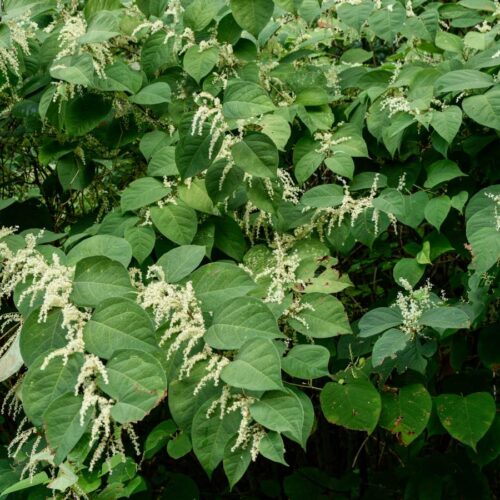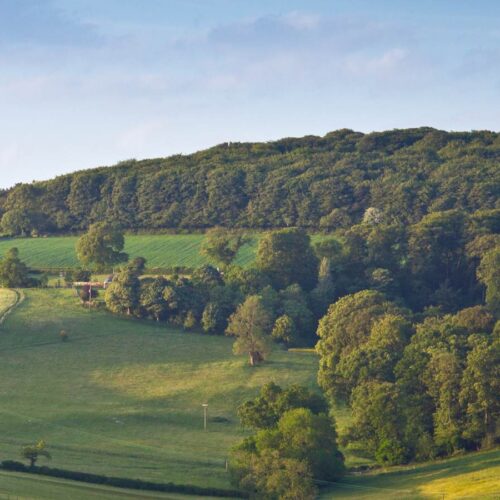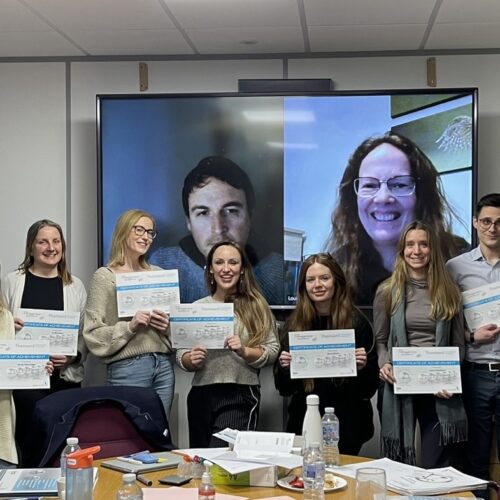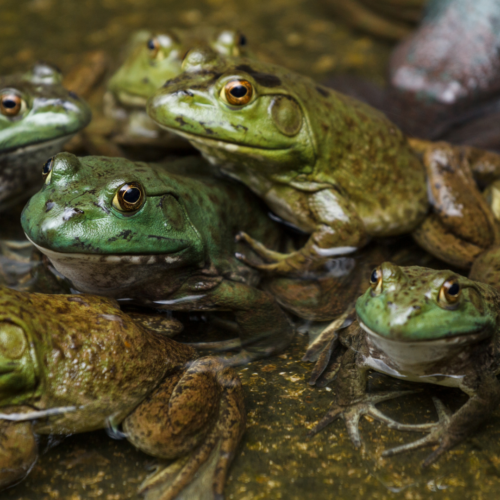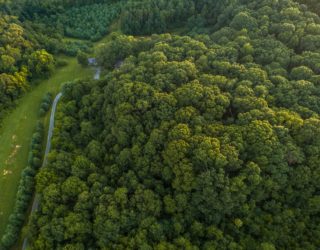A new charging system for protected species mitigation licences came into force last month. The charging system, raised by Natural England’s Wildlife Licencing Service (NEWLS), will affect protected species survey licences, Low Impact Class Licences (LICL), Badger licences and European Protected Species Licences (EPSLs). Charging for bat and dormouse licences began in April and the system will be rolled out to other species during 2019.
The charging system aims to enable Natural England to streamline the licencing service and will move the service from a wholly taxpayer-funded service to ‘a mixture of taxpayer and service-user funding in line with Treasury and Cabinet Office principles for the funding of regulatory activity’. It was subject to a consultation process during 2017 and 2018, the results of which were published by Defra in 2018.
Considerable concern was raised during the consultation over the principle and affordability of proposed charges for survey licences for ecological consultants. There will be exemptions from the charges in cases where licences are issued for the preservation of health and safety and the prevention of serious damage to property. Conservation projects and research into protected species undertaken on a voluntary basis will be exempt from the charging system.
The licence charges will differ between species and take into consideration whether the application is ‘non-complex’ (requiring less than five hours assessment) or ‘complex’ (requiring more than five hours of assessment). For example, the fixed price for a non-complex bat mitigation licence will be £700. For complex cases, a charge of £101 per hour will be applied per licence with no cap.
Find out more about the potential charges (PDF)
How does Thomson support this?
Thomson will provide clear advice to clients on the charges in our quotations, including the likely categorisation of the licence as complex or non-complex, and capped and uncapped charges. By careful design and programming of works to avoid or minimise impacts on wildlife, it may be possible to avoid the need for licensing, and therefore the charges.
Talk to one of our team today if you have any survey and licensing requirements. Thomson has in-house protected species specialists who can advise at the development design stage, helping your project to come in on time and on budget.
